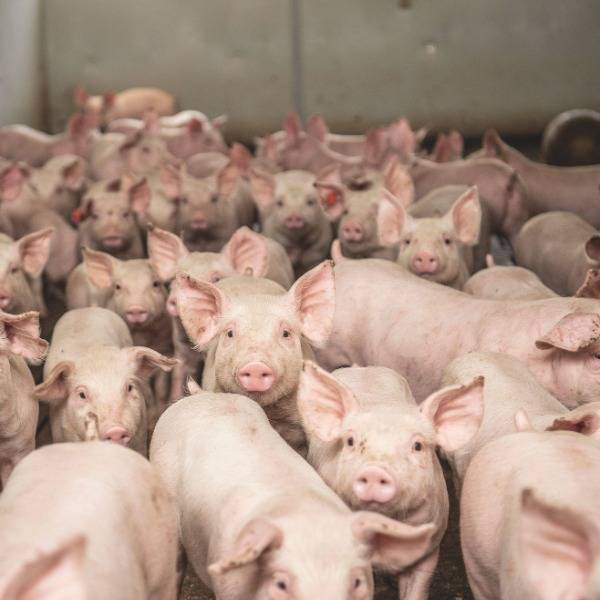Anyone tempted to believe that the animal rights lobby has become very powerful in Britain should surely revise their beliefs in the light of the foot and mouth epidemic. Tens of thousands of cattle and sheep have been slaughtered, often in conditions normally considered cruel, because they've caught the equivalent of the common cold. Despite more stringent animal welfare legislation and a sizeable minority of vegetarians, Britain remains a country where animals are still basically treated as commodities for human ends, albeit commodities which require a certain minimum quality of treatment. If the future is to see further increases in so-called "animal rights", what sort of world view would support it? Unless we became a Hindu nation, we cannot expect the religious to lead the call for much enhanced animal rights. There are certainly Christians who point to Genesis as evidence that we need to look after animals better than we do, but the Biblical hierarchy still places animals in the service of humanity. Perhaps surprisingly, there doesn't seem much reason to go that far with animal welfare if you're a "deep green". Anyone who believes that we can discover what is the right way to live by considering what is most natural would surely conclude that killing and eating other animals is about as natural a practice as one could get. True, factory farming doesn't seem very "natural", but nor does taking care to cause the minimum amount of suffering necessary to other creatures. Ironically, at present it is this group of people that probably has the largest proportion of vegetarians among their number.
So who should be the champions of the animals in the future? Perhaps we should answer this question by describing the features of the world-view of someone who would, by the logic of their own principles, be compelled to take the interests of animals seriously. Firstly, they would be secular and deny that humans were special by virtue of having a spiritual soul. Rejecting this would at a stroke remove one major barrier that has been placed between humans and other species and make people view animals and humans as different parts of the same animal kingdom.
Second, they would consider the question of the correct treatment of beings based on the evidence, not on superficial features such as similarity to themselves. They would then see, for example, that many higher primates share so much in common with humans that they could no longer pretend that the two species are separated by a gulf. Indeed, by the standard rules of biological taxonomy, there is no justification for putting human beings in a separate species category to some higher primates. Humans, chimpanzees and gorillas all belong to the same genus. That is not to say there aren't differences between them, but it does suggest that we need good reasons to continue experimenting casually on chimpanzees while refusing to consider similar experiments on humans. Animals of a different genus still have many features in common with humans which are morally relevant: many feel pain, have some kind of memory and can be stressed, relaxed, playful or morose. A person whose ethics is based on rationality therefore has every reason to take these factors into consideration when determining how to treat animals, which would almost certainly lead them to treat animals better than we often do today.
So it looks as though the people with most reason to support improved welfare for animals in the future are secular and believe in making their ethical decisions on the grounds of evidence and good reason. That certainly sounds familiar. Yet as their name suggests, humanists which surely is what the people described should be called have tended to consider humans separately from animals. To a certain extent, this is unobjectionable. After all, humanism is a movement of humans you couldn't get a bonobo to sign up to it. Nevertheless, it would be a logical mistake to assume that, because it is a movement of humans, it is only a movement for humans. If it is indeed the case that the principles of humanism logically demand that animal welfare is taken seriously, humanists who refuse to do this are as guilty of acting according to unreasoned dogma as the religious folk they are often so keen to criticise. Perhaps it is time we reconsidered the centrality of humans to humanism.

